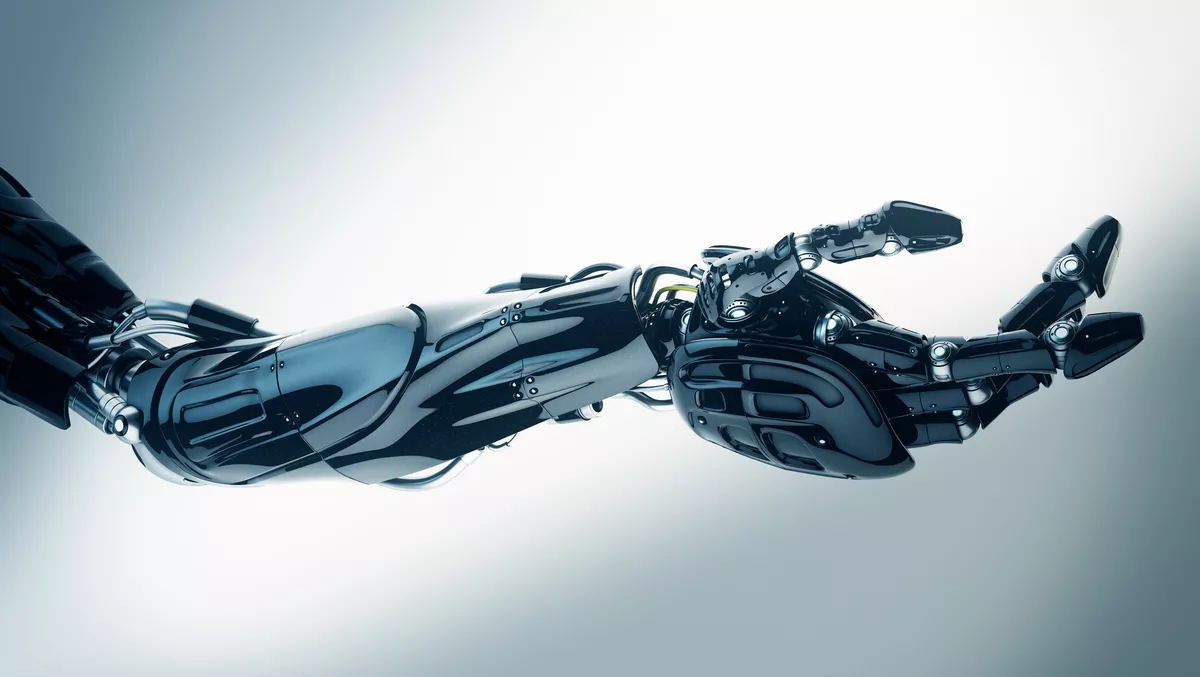
2022 will see 452,000 mobile robot shipments, a massive increase over 2021
In a new report, ABI Research finds 2022 will see 452,000 mobile robot shipments, a 65% increase versus 2021.
ABI Research's 2022 trend report identifies the two industrial, collaborative, and industrial robotics market trends that will deliver in 2022 - and one that won't.
In its latest whitepaper, 70 Technology Trends That Will - and Will Not - Shape 2022, ABI Research analysts identify 35 trends that will shape the technology market and 35 others that, although attracting vast amounts of speculation and commentary, are less likely to move the needle over the next twelve months.
"The fallout from COVID-19 prevention measures, the process of transitioning from pandemic to endemic disease, and global political tensions weigh heavily on the coming year's fortunes," says ABI Research chief research officer, Stuart Carlaw.
"This whitepaper is a tool for our readers to help shape their understanding of the key critical trends that look set to materialise in 2022 as the world begins to emerge from the shadow of COVID-19. It also highlights those much-vaunted trends that are less likely to have a meaningful impact in 2022."
What will happen in 2022
The report finds robotics processor vendors will increasingly offer Robot Operating System (ROS) based solutions for hardware acceleration across the entirety of robotics offerings. It says this should help tackle the problem of system integration and entice developers to adopt more off-the-shelf processors and hardware. While hardware-software optimisation will provide a set of benchmarks and standards for the field, which is relatively fragmented at the moment, accelerating the time-to-market.
As a total of 45,000 cobots (collaborative robots) and 452,000 mobile robots are expected to be shipped in 2022, a 65% and 51% year-on-year growth, end users are expected to benefit from the tighter integration.
What won't happen in 2022:
While the emergence of ROS and various robotics start-ups will offer real advances in the short term, ABI Research says robotics as a whole suffers from a significant shortage in expertise. In the long run, this will harm development and commercialisation. Considerable investment in resource and time-intensive areas requiring experts from different fields is needed, but the research company says this will not happen any time soon.


